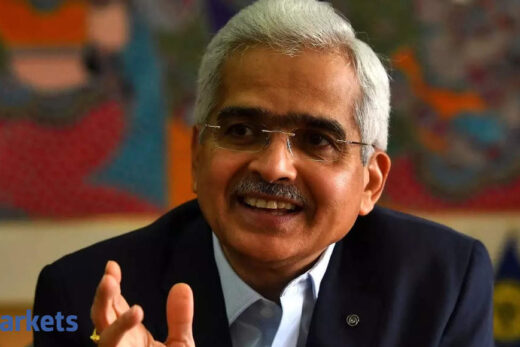The Gurgaon-based firm, which manufactures parts for air conditioners, washing machines and other appliances produced by the likes of LG Electronics Inc., Hitachi Ltd. and Voltas Ltd., aims to earn 10 per cent-15 per cent of revenue from exports in five years, up from almost nothing right now. It is building two new factories and predicts Modi’s administration will use non-tariff measures such as banning the import of such components to boost local manufacturing.
“The government is providing much-needed impetus to the industry and we are confident of seizing the opportunity,” Chief Executive Officer Jasbir Singh said on a call on Monday.
Shares of Amber — which is two-third-owned by financial investors including funds run by Goldman Sachs Group Inc. and the Abu Dhabi Investment Authority — have beaten broader indexes since the government in October banned the import of certain air conditioners, adding to a list of restrictions including on foreign purchases of tires and televisions. Modi plans to spend as much as 2 trillion rupees ($27 billion) in coming years on a production-linked incentive program as he looks to lure manufacturers of everything from textiles to chemicals out of China.
Amber Enterprises has outpeformed NSE Smallcap 100 index since Oct.
Amber’s factories qualify for the so-called PLI program, Singh said. About 60 billion rupees of the total program is earmarked for electronic appliances.
“We are going to get incentives to a tune of 5 per cent to 6 per cent for next five years,” he said. Singh expects the government to formally notify the plan this month with implementation in the financial year starting April 1.
India in October banned the import of air conditioners with refrigerants. Since then, Amber has signed six new customers for filling gas into the appliances. Singh predicts production of about 2 million air conditioners will shift to India following the policy and by September there will be clarity on whether global companies choose to build their own shops or continue to source through contract manufacturers.
“They were not expecting the Indian government will come up with such kind of ban or barrier, but it has happened,” Singh said. “We would like to take advantage.”



